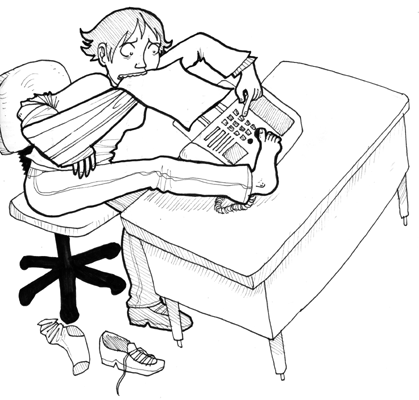For a long time I have considered it preposterous that the English language has no regulating body. As A Spanish speaker I am aware of the omnipresence of the Real Academia Española (The Spanish Royal Academy) which produces one of the most comprehensive dictionaries of the Spanish language. I’d always assumed our equivalent in Britain was Oxford University Press. They do seem to be the ‘keepers’ of our language; they update the list of words accepted into the language every year, adding neologisms such as ‘vuvuzela’ and ‘WAGs’. But should these really be considered English words? And will they stand the test of time?


The French traditionally take a firm line on this matter; I recall the dismay many years ago on my exchange student’s face when I inadvertently referred to ‘le weekend’. My French colleagues tell me that times have changed since then, though! Learning Italian, I’m surprised by how many English words are readily accepted into the language, for example ‘il computer’ and ‘lo stress’. I have since discovered, however, that there has also been somewhat of a backlash against this trend in certain sectors of Italian society.
In my investigations I stumbled across a little-known organisation called the Queen’s English Society. They claim to be the English language’s answer to Spain’s Real Academia and the French Académie Française. The problem is that they have no authority, nor do they produce dictionaries (of any significance, anyway). Am I the only one who thinks that there should be a government-approved body overseeing this?
